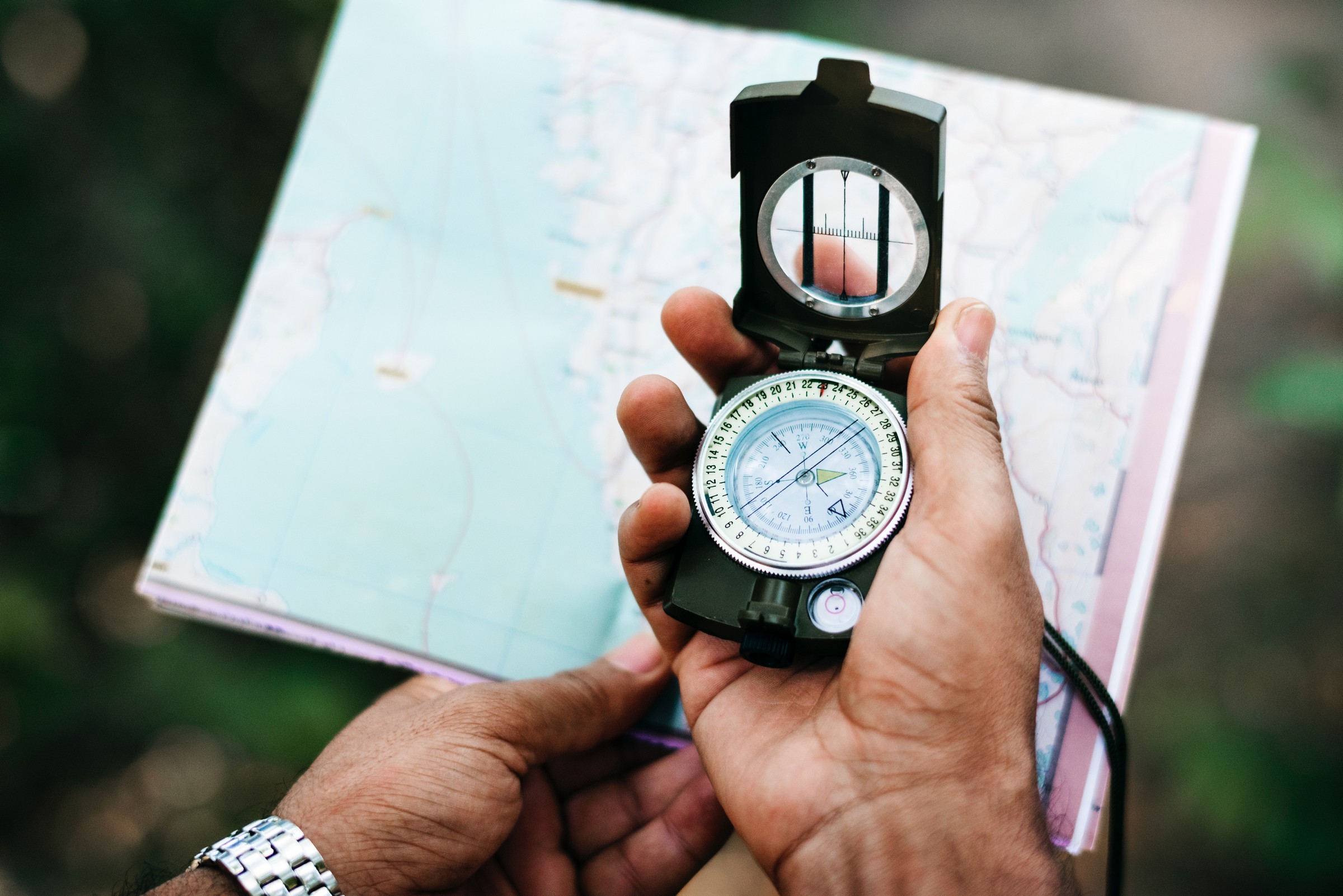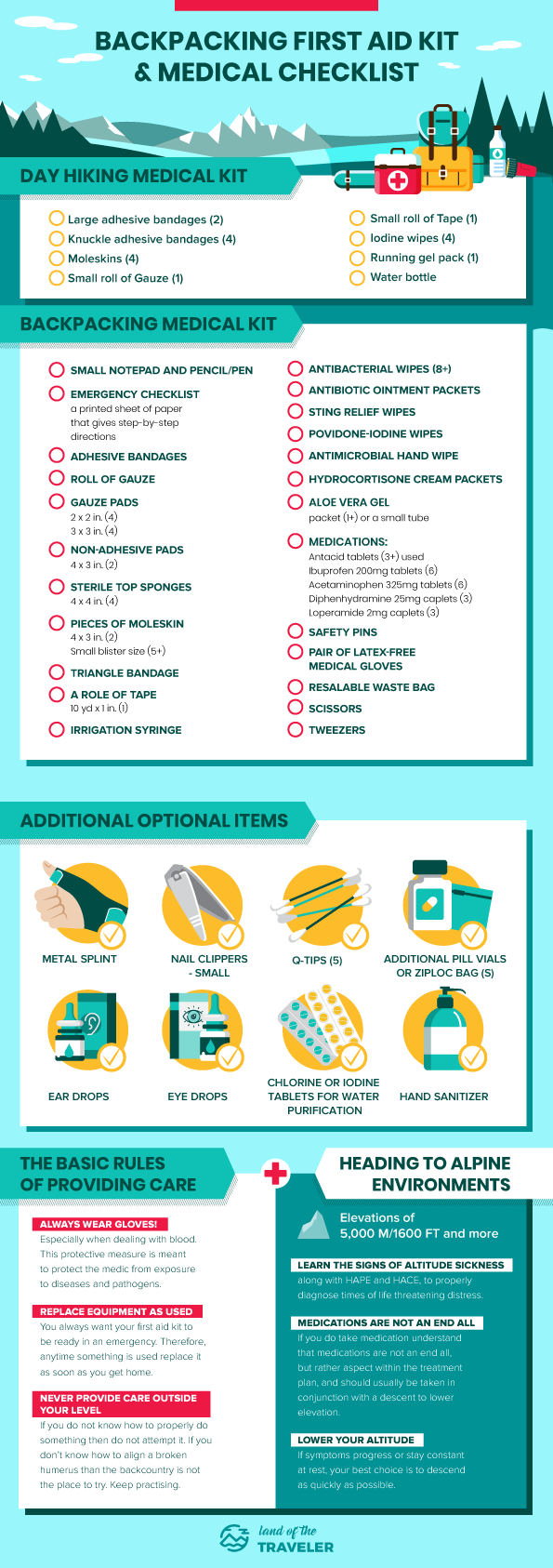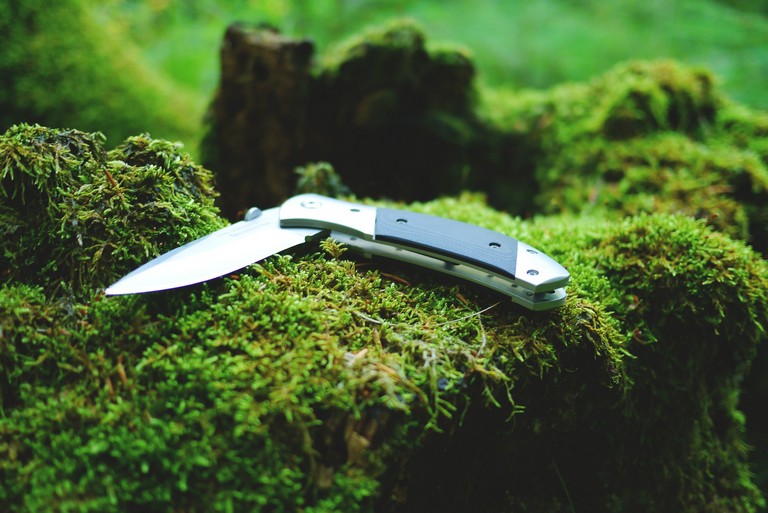10 essential travel gear for a week long hike
Trips into the backcountry can be exhilarating. There is a wide range of terrain, lakes, rivers you encounter along the way that adds to the richness of the experience. In order to truly appreciate the hiking experience to the fullest, you need to make sure you have all the essential gear with you. Some items may seem trivial but are vital to maximizing comfort during a week-long hike or more. Today, you have plenty of multi-functional gear which is very handy, since it reduces the overall weight of the backpack as well. Here is a list of 10 essential gear that we think form the base of a perfect trip into the wilderness.
1. Compass or GPS device

Navigational equipment is very often overlooked even by some experienced hikers, which is why we’ve placed it at the very top of our list. This is especially useful when you are part of a big group, as cases where some folks veer off to an alternate destination are very common. Knowing how to use a compass is also pretty important so make sure you test it out before you head out for the first time. Another alternative solution would be to carry walkie talkies. Not uncommon, but not the most efficient way to get the job done.
2. First Aid Kit
The contents of your First Aid kit can vary based on the altitude, terrain & location of your hike but having a comprehensive kit is never a waste of space. Some of the basic items every First Aid kit must contain include antibacterial wipers, bandages, gauze, scissors, aloe vera gel, band aids, and ibuprofen tablets. For all those looking for a comprehensive kit for day and week-long backpacking trips check out the infographic below:

3. Food & Water
Most planned hikes usually have destinations at set intervals where you can eat and refill your water bottles. However, it’s essential that you carry some granola bars or nuts for some energy. Especially, if changing conditions make it harder to reach your destination, having some nourishment & water filtration systems like the LifeStraw can really help.
4. Headlamp/ flashlight
Having light at all times is essential to make your way through the forest quickly before dawn & after dusk. If you’d like to hurry along to catch a beautiful sunrise, a headlamp can make sure you get there without any injuries. Flashlights are an alternative but headlamps allow you to stay hands-free which is a big advantage.
5. Pocket Knife

Again, subject to the difficulty of your week long hike you might need more than just a pocket knife. This is quintessential to your cooking needs, gear repair and your first aid kit. Opt for a multi-functional pocket knife (usually ones that also have fold our scissors or can openers) in case you plan on camping for more than a week or are leading a group of hikers.
6. Quickdry / Lightweight clothing
The key to a good backpacking experience is to have a lightweight backpack. Carrying heavy cotton clothing items or even damp socks or towels can be quite cumbersome. Opt for quick drying towels, socks & t-shirts so you don’t have to sit around for long periods waiting for your clothes to dry. Many of the quick dry options for socks, towels & jackets also happen to be lightweight which is an additional positive. Similarly make sure you have sufficient hiking pants, down jackets & waterproof pants.
7. Rain Poncho
In my experience, these have proven to be surprisingly versatile. The weather can change rapidly when you are hiking through the mountainside so having some protection against the wind and rain can ensure you feel comfortable and stay healthy throughout the hike. Opt for a lightweight plastic poncho, as they also have a surprising advantage whereby they even offer some warmth during cold conditions. Synthetic ponchos have better wind proofing but are heavier.
8. Sunscreen
Another commonly overlooked, yet essential item is sunscreen. Even when you are higher altitudes/ colder conditions, you can still be exposed to a fair amount of UV radiation. Wearing sunscreen prevents sunburn and skin cancer too. A sunscreen of at least 30-50 SPF is what we recommend, if you happen to venture out all around the world.
9. Whistle

Irrespective of whether you are traveling solo, in a small group or with a large contingent a whistle is extremely handy. Ideal for situations where you are trying to find someone who is lost or hurt. It’s also quite possible to be separated from your backpack, so try to find a whistle that can be attached to your clothes.
10. Toiletries
Other than bringing along toilet paper for the most obvious of reasons, you should bring along hand sanitizers and soap. These are vital to avoid illnesses and feel comfortable throughout the hike. Avoid excessive items like shampoos especially if you don’t stay in a house along the way. Portable showers are handy but non-essential in our opinion. Another key component of is lip balm and moisturising cream. The aloe vera we mentioned as part of the first aid kit helps but having lip balm with sun protection is important.
Hope you found the list of 10 essential travel gear for a week long hike useful!
*This is a contributed post.





